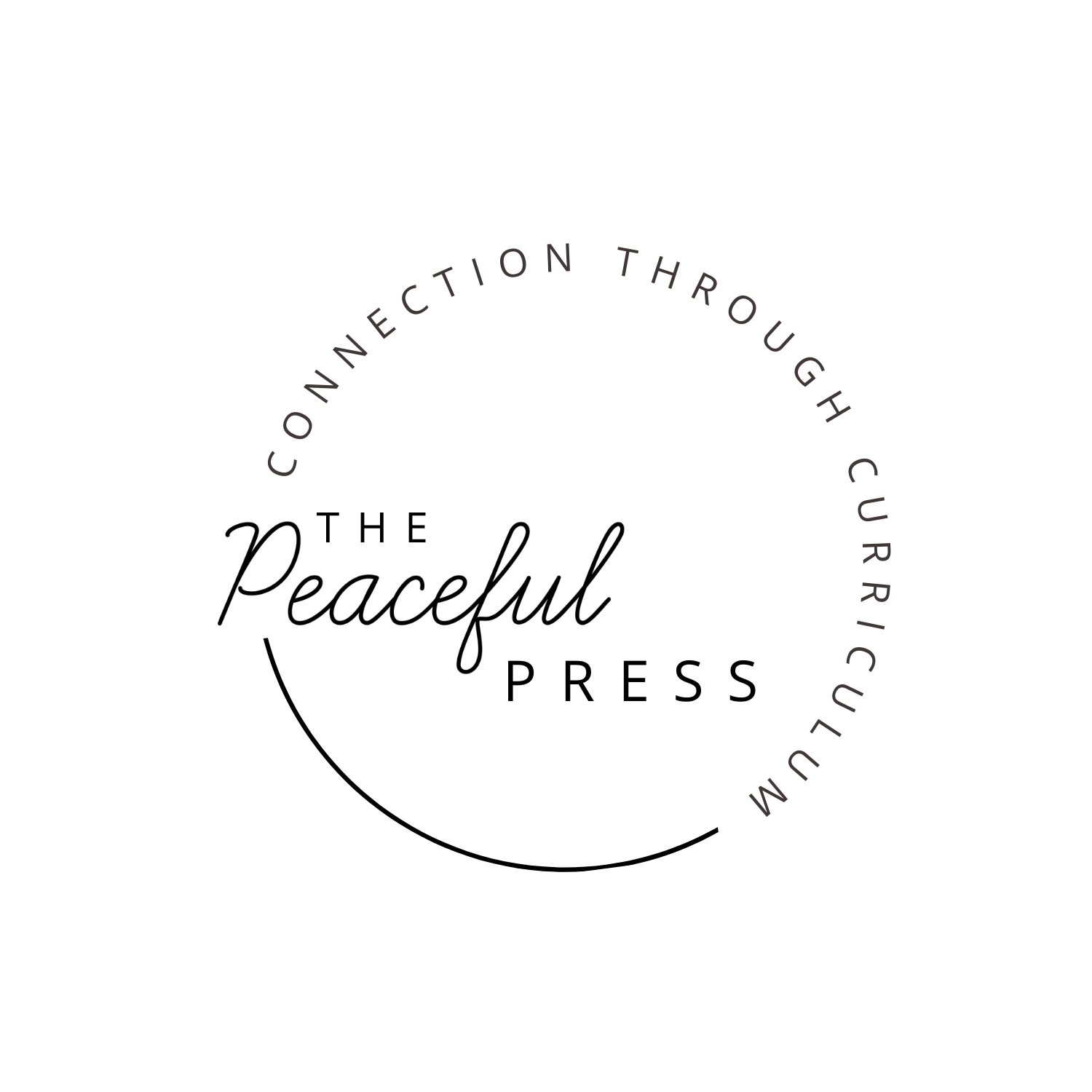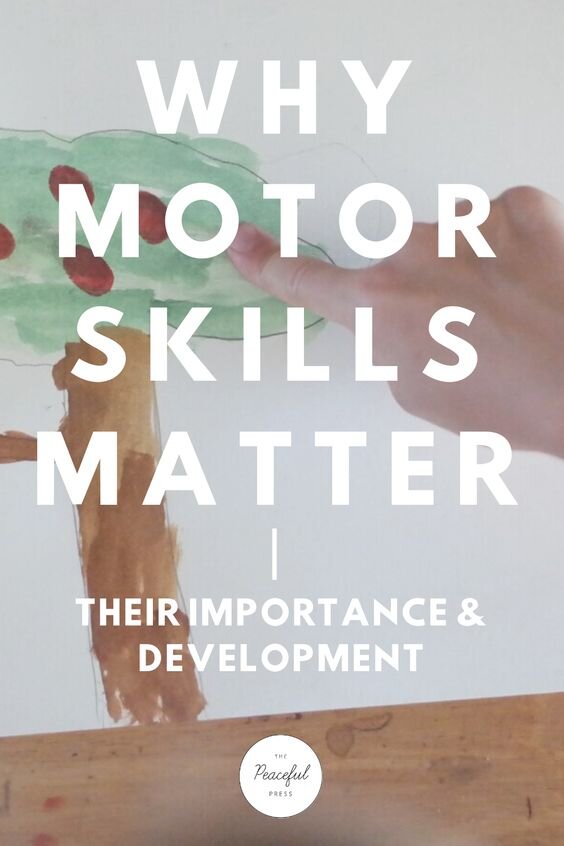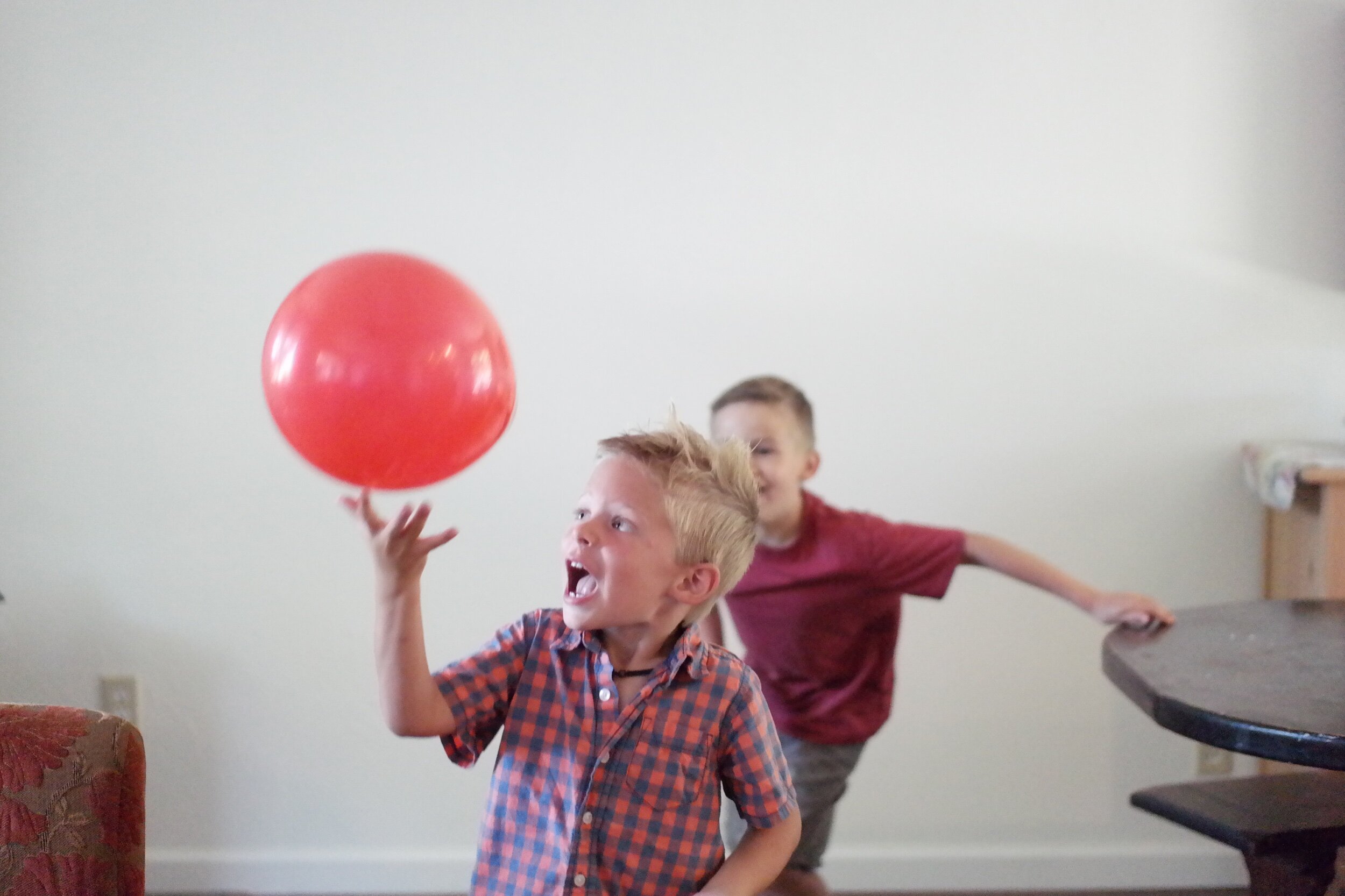The Importance of Motor Skills
Confidence In Learning
The Two Skills Your Child Needs To Succeed In Schooling
In the earliest formative years of your child's life, they must have ample opportunities to develop strength, balance, coordination, and problem-solving skills. It’s easier than you think to build play activities that develop these skills into your child’s life.
As summer unfolds, embrace unfettered time in the great outdoors. The natural world has an endless source of varied and meaningful play opportunities for early childhood learners.
Children will stoop, run, jump, crawl under, climb over, throw, carefully pinch, and stop suddenly to investigate. All of these actions help to build a strong foundation of gross and fine motor development.
Developing motor skills are critical for children as they move through life, and not just for academic purposes. Pathways.org answers the question: “Why does my child need motor skills?”
Children need to “understand how to move and complete tasks independently, and to be able to explore the world around them, which promotes cognitive, speech, and sensory development, and gives them confidence and independence, which promotes skills such as executive function.”
Giving children opportunities to develop an awareness of their bodies will serve them for the rest of their life. Early childhood is a critical time for learning through unobstructed play, especially outside. The tabletop work will be there for them when they are older. Strong motor skills will support their ability to sustain and attend to academic learning throughout their school journey.
Gross (Large) Motor Skills
Pathways.org defines gross motor skills as "movements related to large muscles such as legs, arms, and trunk.” Gross motor tasks include walking, sitting, and throwing. Many child development books discuss the importance of building gross motor skills in the early years. The brain loves movement and novelty. When a child uses their whole body to play, the brain makes brilliant connections.
Providing time for movement strengthens the body and postural awareness. Gross motor movement also develops strong bones, muscles, and a healthy cardiovascular system, all of which will help children sit for extended periods at a table throughout their academic experiences.
In addition to the five senses of sight, smell, taste, touch, and hearing, there are two other sensory systems: the vestibular and proprioceptive systems. The vestibular system is how the body senses movement and balance. The proprioceptive system is how the body knows where things are located in space without looking at them.
Early childhood educators may incorporate activities such as, pushing, pulling, banging on a drum, or bouncing to give the body direct feedback about where it is in space by activating muscles, tendons, and joints. Allow your child time and varied experiences to discover how their body moves.
We want children to experience the feeling of climbing over, crawling under, or standing on top of an object. Gross motor play helps children discover where their feet go when they push or pull, and how to reach up to grab or throw a ball into a hoop. Visiting a local playground or setting up an obstacle course in the backyard are great ways to encourage body awareness and have fun.
Fine Motor Skills
Pathways.org defines fine motor skills as the “movements involving smaller muscle groups such as those in the hand and wrist.” These skills are often associated with more academic types of activities, like writing, cutting, squeezing, gripping a top, rolling out play dough, and manipulating puzzle pieces. At home and in the classroom, fine motor skills are also important for numerous adaptive activities like dressing, holding a fork, pouring water into a glass, brushing teeth, and washing hands and faces.
Fine motor skills are about strong fingers and hands. These are not only essential skills for completing academic tasks but also crucial for building independence. All children appreciate the feeling of “I did it myself.”
Allowing children to practice and develop fine motor skills without adult interference will help them build confidence and patience. Fine motor activities also deepen play with peers, which contributes to a child's self-esteem. Give your child space and time to develop strong hands and fingers with play, the gift of daily opportunities to grip, squeeze, pinch, scoop, pour, roll, stack, button, and zip.
The brain orchestrates every body function, from breathing to writing music to running a 7-minute mile. It does not merely function to support academic learning. Children develop their brain-body connection throughout their childhoods, so provide experiences for them to use their large muscles in wide-open spaces, and small muscles as they practice self-help skills. Success in academic learning relies upon a strong foundation of gross and fine motor basics.
Play is how children learn. Take advantage of summer and join your child’s play. Let the natural world be a source of wonder and learning for the entire family.
Below is a list of gross motor and fine motor activities to consider weaving into your child’s daily life. If you are concerned about your child’s motor development, consult your pediatrician.
Gross Motor
pushing, pulling a loaded wagon
pulling things around on a blanket
digging
running, jumping, climbing
riding scooters, trikes or bikes
swinging
swimming
skipping/hopscotch
start/stop games
obstacle course in the backyard
bouncing on a tire swing, see-saw, or trampoline
throwing balls into a can or hoop
crab walk or bear walk
Fine Motor
play dough
squirt toys
stickers/flat picture magnets
squeezing wooden clothespins
using squeeze pens or tongs to pinch small objects
pouring sand or water from one container to another
blowing bubbles
puzzles
painting using brush, hands, or sponges
Authors
Rachel Pearl VanEtten, MA
Early Childhood Educator & Advocate | Psychotherapist | Writer
FB Page: Rachel Pearl VanEtten MA, IG: @rachelpvanetten
www.rachelpearlvanetten.com
Ginny Cruz, MPA, PT
Pediatric Physical Therapist | Author
www.ginnycruz.com
FB Page: Ginny Cruz, IG: @ginnycruzpt
Resources:
Pathways.org - an easy and informative website about child development, and more ideas!
Lisa Murphy on Play: The Foundation of Children’s Learning by Lisa Murphy




